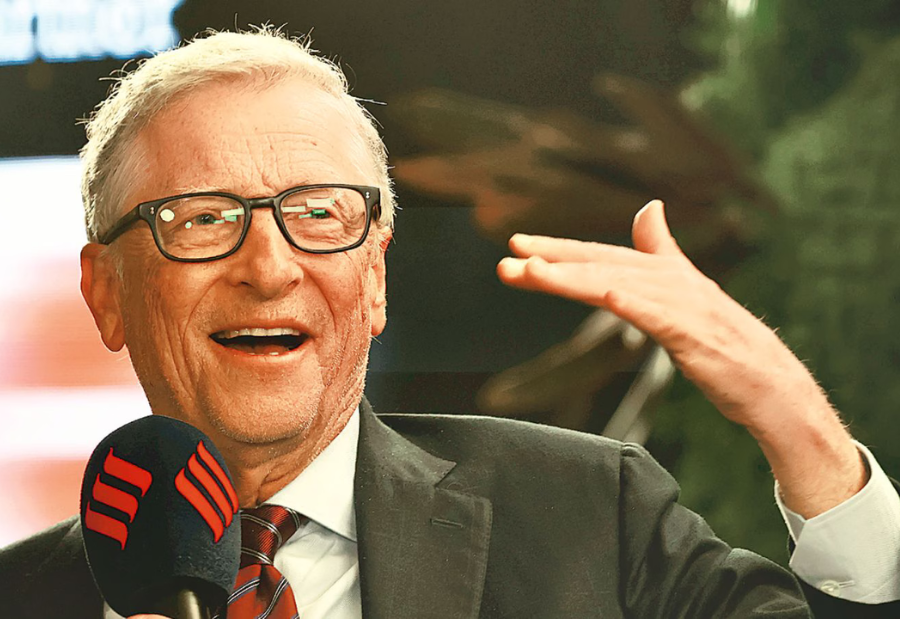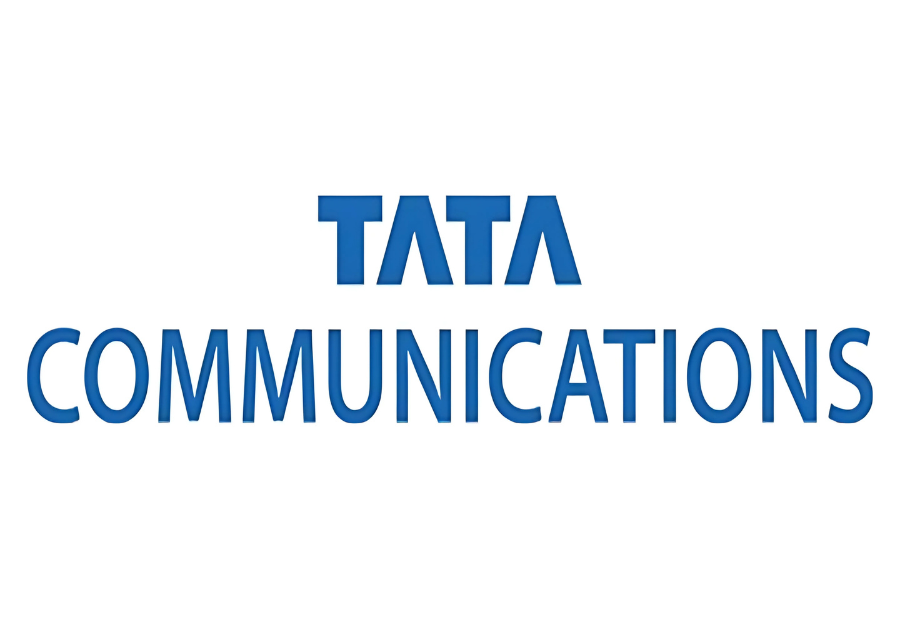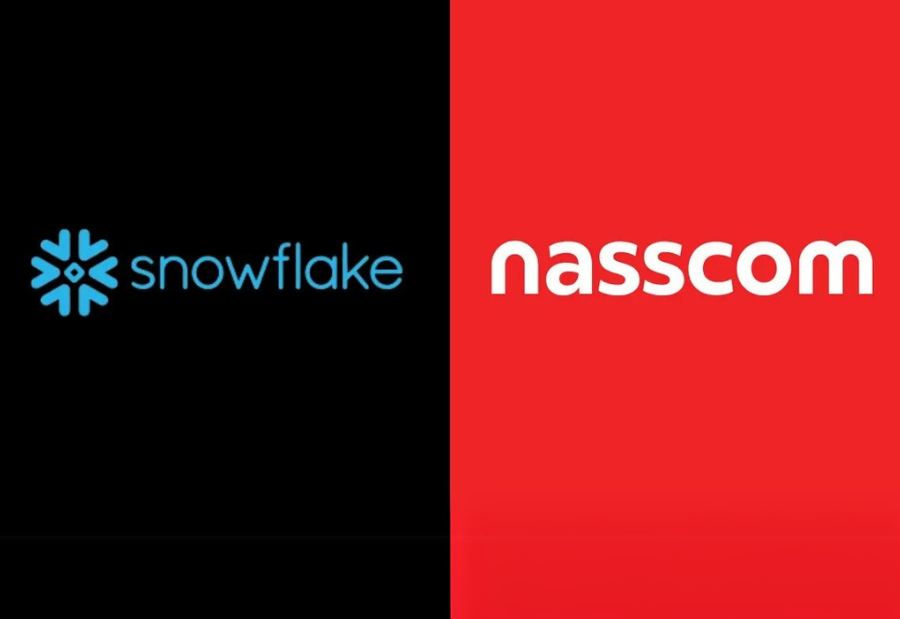“If India can stay on the path of the 2047 plan, that’s not just beneficial to India, it’s beneficial to the whole world,” said Bill Gates in Mumbai on Thursday, adding that the best example of India’s role in helping other countries is its digital public infrastructure. “It’s a phenomenal thing, whether in banking, government benefit distribution, insurance or stock trading; every time I am here, I see a dozen more companies.”
The software tycoon-turned-philanthropist was speaking with Anant Goenka, executive director of The Indian Express Group, at the Express Adda. This was his third trip to India in three years. Following his departure from the board of Microsoft in 2020, Gates has committed himself to charity through the Gates Foundation, which has been active in India in areas including agriculture, sanitation, public health, and immunization.
Anant Goenka, executive director of The Indian Express Group, was chatting with the software tycoon-turned-philanthropist at the Express Adda. In three years, he had made three trips to India. Since leaving the Microsoft board in 2020, Gates has dedicated himself to philanthropy through the Gates Foundation, which has worked in India in fields including public health, agriculture, sanitation, and vaccination. Gates said, “A large number of people in India have done remarkable work, with strong support from the government, beginning with the Prime Minister.”
Giving the example of India’s role in producing reasonably priced vaccines, one of his favorite Indian inventions that has the capacity to address global issues, he said “Affordable vaccines and Deep AI – that is a hard choice for me.”
Gates acknowledged India’s efforts in AI and said that his conversations with Indians reveal that although most are interested in applying AI to certain fields, others are eager to contribute to the creation of basic AI.
“I believe India is approaching AI the right way. Much of India’s use of AI will focus on applying it effectively. The state-of-the-art foundational models are largely open source and widely available, with techniques extensively published. While much of the great work in AI is coming from the US and China, India is not lagging. The latest models, even if a few months behind on benchmarks, are accessible to everyone. India can take these models and adapt them to its own needs, such as ensuring support for Indian native languages. For example, when Indian farmers discuss their crops, the data quality and understanding of local dialects can be optimised,” he said.
In his discussion on India as a brand, Gates mentioned that one may encounter outstanding Indians worldwide, such as Microsoft CEO Satya Nadella. Increasing the number of visitors to the nation, he said, “A lot of people don’t know much about India.”
Gates discussed how there are enough Indian voters to choose the nation’s leaders.“And that has created a very positive dynamic that you’re competing in good governance,” he said.
When asked which of the US, China, and India economies he would wager on for better returns, Gates said that, in terms of returns, if one is discussing stock market value, the Indian stock market already accounts for a portion of the anticipated rise.
“India is in an interesting position where the main debate revolves around whether the growth rate will be 5% or 10%. It seems highly likely that it will fall within this range. This is a remarkable period, offering significant opportunities. The economic growth will enable the government to allocate more funds toward healthcare and education. India is, therefore, in a strong position. In contrast, wealthier nations like the United States typically do not experience growth rates as high as 5%. In fact, growth of 2.5% to 3% is considered positive, and with the advancement of AI, there is a possibility that such growth rates could be achieved,” he said.
Gates also spoke about nationalism and democracy. “Nationalism at its most extreme leads to wars,” he said, while also giving an example of good nationalism such as teams competing in the Olympics. Gates also said that democracy saw a dramatic rise after World War II, and “now we’re actually seeing a slight decline. And I find that concerning”.
On artificial intelligence, he said, “AI in general scares me because mankind is going to have to shape it. The world will feel very, very different. I worry about AI in general, but I know that the people at OpenAI have done a good job.”
Speaking on the relationship between Washington and Silicon Valley, Gates stated his belief that AI policy will be a major issue in the US presidential election in 2028.
“Because people will begin to see not only white-collar AI but also blue-collar AI, which involves robotics. Currently, the application of AI in this area is quite limited. However, the increasing number of people working on it and the advances being made in robotics suggest that if not 2028, then by 2032, the job market will already be undergoing significant changes,” he said.
Also read: Viksit Workforce for a Viksit Bharat
Do Follow: The Mainstream formerly known as CIO News LinkedIn Account | The Mainstream formerly known as CIO News Facebook | The Mainstream formerly known as CIO News Youtube | The Mainstream formerly known as CIO News Twitter
About us:
The Mainstream formerly known as CIO News is a premier platform dedicated to delivering latest news, updates, and insights from the tech industry. With its strong foundation of intellectual property and thought leadership, the platform is well-positioned to stay ahead of the curve and lead conversations about how technology shapes our world. From its early days as CIO News to its rebranding as The Mainstream on November 28, 2024, it has been expanding its global reach, targeting key markets in the Middle East & Africa, ASEAN, the USA, and the UK. The Mainstream is a vision to put technology at the center of every conversation, inspiring professionals and organizations to embrace the future of tech.




